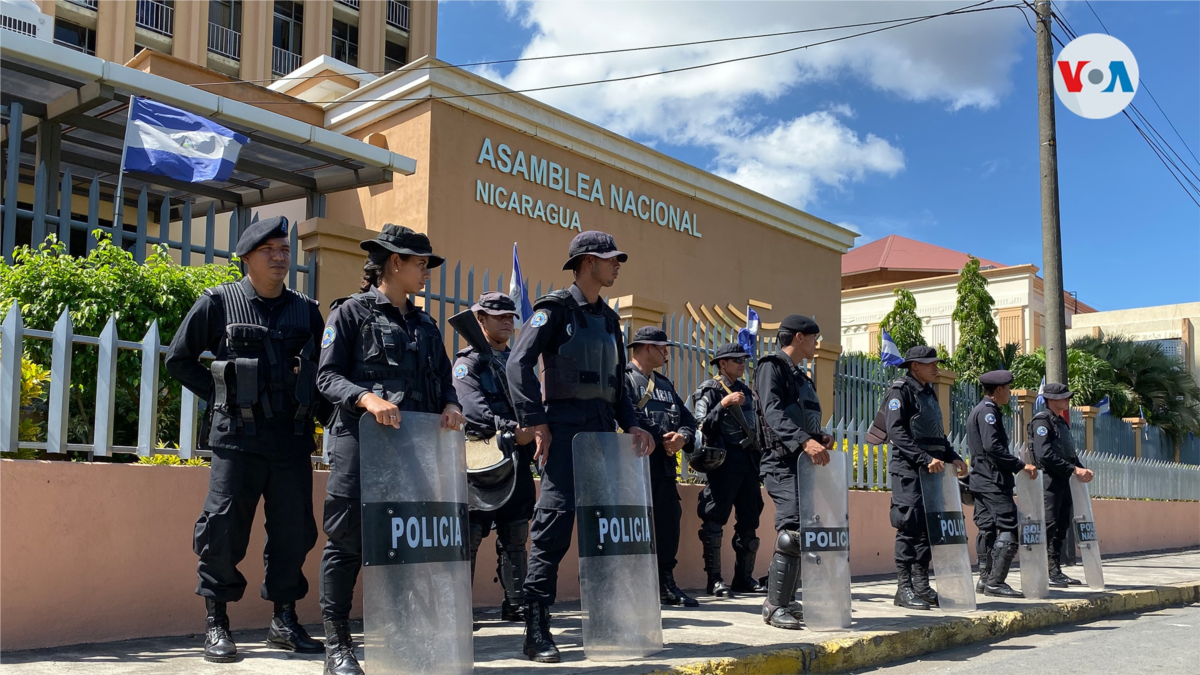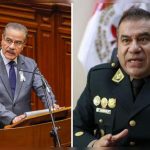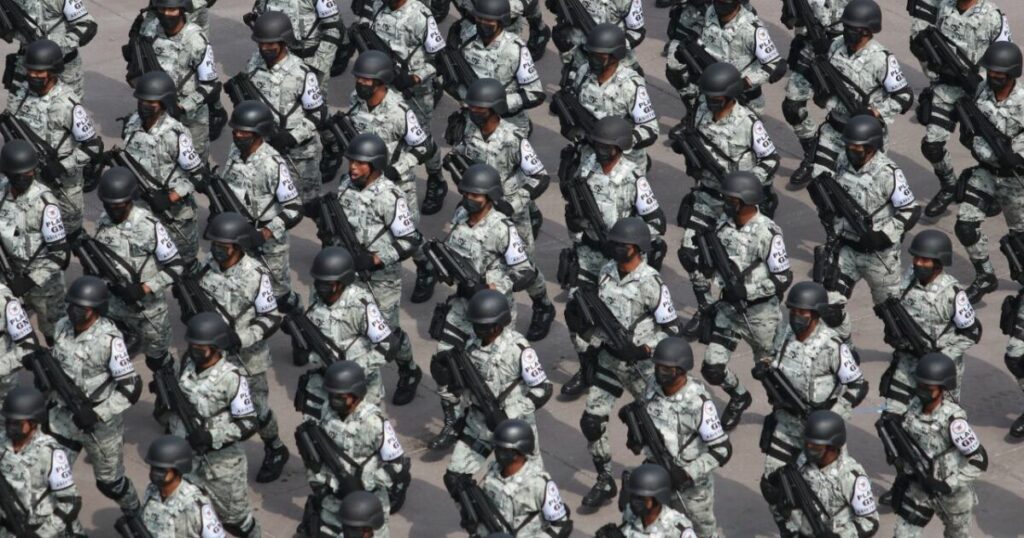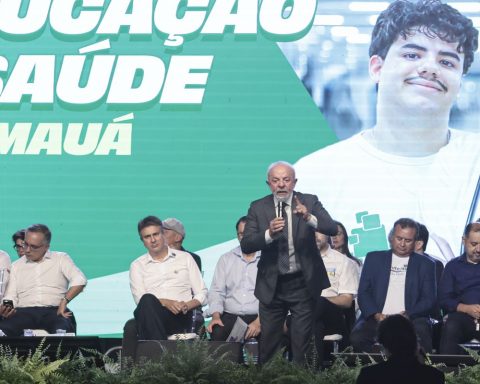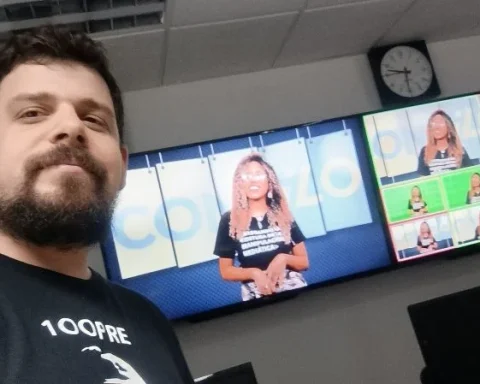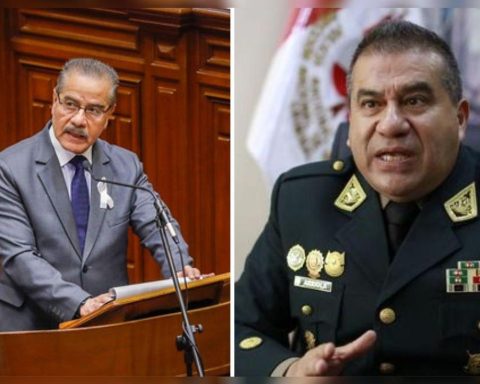With 89 votes in favor and 0 against, the Nicaraguan National Assembly, controlled by the ruling party, approved this Thursday a reform to Law 909, or Law creating the National Cinematheque, which gives it the power to authorize or not, the audiovisual productions in the country.
With the reforms and additions, the Cinematheque would also have other powers, such as “prohibiting the development, exhibition and commercialization of audiovisual products, as well as their confiscation.”
Previously, this entity had the purpose of promoting and “disseminating the audiovisual arts in all its aspects”, as well as rescuing, restoring, or preserving the dissemination of national and international cultural materials.
Filmmakers speak out
A group of Nicaraguan filmmakers have spoken out on the matter and consider that it is “attacking the freedom of independent creation”, because the Cinematheque “is taking on the role of inspector and now has a legal framework to boycott any production.”
“With this reform, the National Cinematheque goes from promoting and disseminating cinematography and audiovisual arts, to regulating and supervising cinematography and audiovisual arts in all its aspects and formats,” the filmmakers said in a statement.
Likewise, they expressed their concern because it contains “ambiguous” articles, lending themselves to broadening interpretations which ensure that in “the current context of repression and political persecution in Nicaragua they represent a threat.”
The professionals indicated that the reforms violate the Political Constitution of Nicaragua, which establishes that artistic creation “is free and unrestricted.”
The ruling party’s measure comes two months after a Mexican journalist clandestinely entered Nicaragua and carried out a reportage titled ‘It hurts to breathe’in reference to the anti-government protests that took place in the country in 2018.
“It seems to me that, far from all the reactions after the publication of the documentary, this is the most dictatorial example of a regime that does not know how to silence the voices outside its borders,” he assured the press. voice of america the Mexican journalist Otoniel Martínez, who was in charge of the report that generated disagreements in the Nicaraguan ruling party.
He pointed out that President Daniel Ortega “has found methods to silence any show of opposition within Nicaragua and, now, is looking for his own mechanisms to prevent a story different from that of his front country from being told again.”
“It will be very difficult for them to avoid the publications that come about that country and the ways they have used to do their thing,” he added.
During the approval of the Law, the ruling deputy Wálmaro Gutiérrez denied that the reform sought to impose “censorship” on productions in the country and accused the media of lying.
“There will be a true regulation of quality to the productions that are made in the country,” the legislator stressed.
[Donaldo Hernández, periodista de la VOA, colaboró con este informe]
Connect with the Voice of America! Subscribe to our channel Youtube and turn on notifications, or follow us on social media: Facebook, Twitter and Instagram
